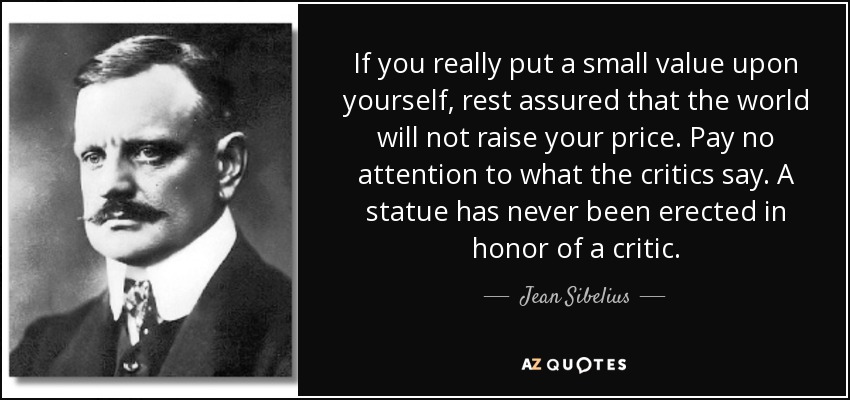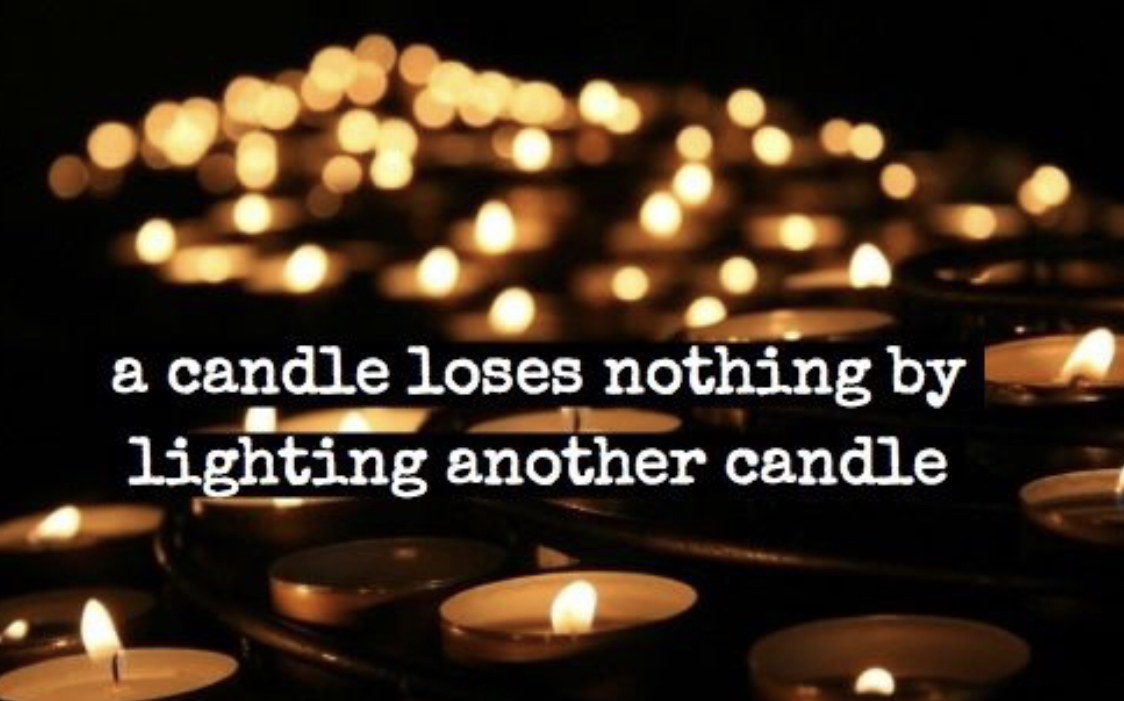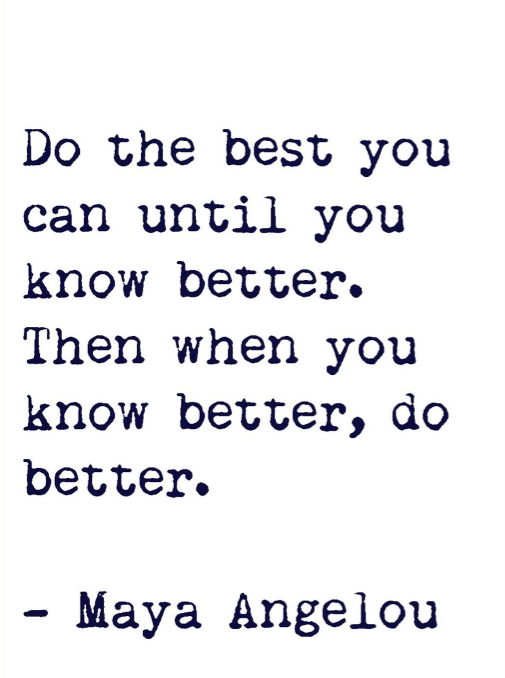
Thank you to a friend of mine at work, Mike, for his helpful input on this subject.
“TOGETHER IS BETTER” -Simon Sinek
Some people like to try to control others. A great way to do this is through criticism-even if it is completely untrue or made up JUST TO ELICIT an emotional response. If others can get any kind of a reaction or emotional response from us, they win, at a game we usually don’t even realize they are playing with us. They just succeeded in controlling us and manipulating our emotions.
Such people seem to need the distraction of playing games and doing all they can to control the emotions of others, for the simple reason that they are incapable of controlling their OWN emotions, or going inward to do the difficult personal work it would take to start learning how. Controlling others distracts them from their own frustrating inability to control themselves.
I have been guilty of such things, which makes it easier to spot, and avoid.
For such people, controlling others through criticism is a game to be played and won. It may hurt. After all we have done, after all of our hard work, to hear any criticism may be difficult, hurtful, painful, and usually not helpful. Much of what most of us say and do is for validation. This makes it easy to get hurt and to overreact.
A good thing to remember is that ONLY HURT PEOPLE WANT TO HURT OTHER PEOPLE. Rather than overreacting, we can simply ask, “Are you okay?” People that hurt others, in ANY way, but ESPECIALLY with criticism and belittling, are usually NOT okay.

Some people may truly have our best interest at heart. THEIR criticism is called, “Constructive criticism.” It is still criticism; however, from these people, it is actually helpful to consider it valuable feedback, data, and information coming from a place of love and caring, instead of criticism.
How can we make it easier? How can we handle the criticism effectively so that it isn’t hurtful or painful? How can we differentiate between a game someone is playing and potentially beneficial feedback?
Handling criticism effectively and benefiting from it is a learn-able, practicable skill. We can all learn to get better at it! Here are some tips I have picked up along the way that have worked for me:
- Breath. When we are in control of our breath, we are in control. Controlled breathing practices IMMEDIATELY ground us, and this re-centers us. Google BOX BREATHING and try it out!
- Listen intently to everything being said. It gives the other person the opportunity to say what they need to say to the best of their ability, if we listen with no immediate, hurried retort. When you feel the need to speak, take a deep breath and listen some more. We have TWO ears and ONE mouth. Listen twice as much as speaking.
- Show no signs of emotion. Doing so is viewed by some who would like to manipulate and control us as a weakness. Don’t give such people that satisfaction, as that may be exactly what they are looking for, but don’t deserve. Giving away our emotional control is giving away our power. When we lose self-control, it tends to have a snow ball effect, can quickly become a habit, and may negatively impact us and those around us.
- Tone of voice, inflection, looks, and appearance of reactions, all matter. Rolling the eyes or raising an eyebrow may send the wrong message. Be an emotional rock.
- Don’t react or respond right away. It is perfectly acceptable to tell someone that we want to take the time to think about and process what they have said and let them know that we will get back to them later. We can even give them a time frame we will get back to them, or not. By doing this, we are in control of our self, our emotions, and the timing of the situation. They may not like that and express to us that this is unacceptable, but it is only unacceptable to them. It’s not up to them what is acceptable or unacceptable to us, unless we let it be up to them. This will give us the time we need to really decide the intent or reason behind the criticism and it will allow us the time to decide upon an appropriate, controlled, effective, well-thought-out, beneficial response. We can take the time to decide if the criticism was warranted, true, legitimate, and potentially beneficial, or simply a part of a game the other person may be playing as they try to get an emotional response from us. Sometimes people who try to control others in this way have difficulties controlling themselves, their world, and their own emotions, so they try to control others in any possible way just to enjoy the temporary, false sense of control they so crave.
- Replace an old belief with a new one: Instead of, “When people criticize me they are trying to demean or diminish me and make me look bad,” replace it with, “Criticism is FEEDBACK. It is meant to be helpful, useful information. I will thank EVERYONE for any feedback. I will assume, and act as if, EVERYONE is on my side, trying to help me with ANY feedback. I will thank them and move on.” We don’t have to tolerate others who are trying to demean or diminish us, but why assume everyone is trying to do this? Let’s stack the odds in our favor and set ourselves up for success by believing that everyone and everything is ON OUR SIDE, rather than believing that everyone is out to get us.
There is another reason people criticize, belittle, diminish, judge, and condemn, and it is because THAT’S ALL THEY HAVE EVER KNOWN. Some people have simply never been shown a different way to be. They have habituated and automated these practices.
Some of the best advice I’ve ever heard comes from the first interview Lewis Howes did with Marisa Peer on YouTube. If you are unable to listen to the entire interview, just listen to the part that starts around minute 30 of this interview. This interview is full of information and beliefs I wish I had as a much younger version of myself. This interview is LIFE-ALTERING!
I also love what Ram Dass has to say about criticism, and how to love ourselves more. He teaches that loving, programmed parents, in order to socialize us and help us be better, reward and punish us, leaving us feeling small, lacking, inadequate, and not enough. To listen to this short but sweet content, type this into the YouTube search engine: Ram Dass how to love yourself.
Today’s challenge for myself: Today I will think of situations where I have been criticized. I will think of my response or reaction to what I heard. I will think of how I could have reacted differently and created a more beneficial outcome. I will review and practice the steps I want to take while listening to criticism in the future. I will practice this every chance I get.
Two people who speak really well about handling criticism effectively are Ed Mylett and Caleb Maddix. During these interviews, two things are certain: They have been criticized to the extreme, many times, and they know what they are talking about when speaking on how to handle criticism well. Hearing what they had to say about this topic and considering how incredibly successful they both are is why I find their advice is so sound and useful.
goodinthehead is also on Facebook, Instagram, YouTube, and Twitter. Follow me there, as well, for daily messages, inspiration, motivation, and reminders. Please pay it forward, and share this, and ANY message, which may empower someone you love or may care about. It is through adding value to others by sharing and spreading wisdom, that we become more valuable as individuals, and collectively, as a whole, we all become wiser.
Remember: Mindset matters. Character counts. That which we choose to consistently focus on is what EXPANDS in our lives. WE CREATE our realities.


